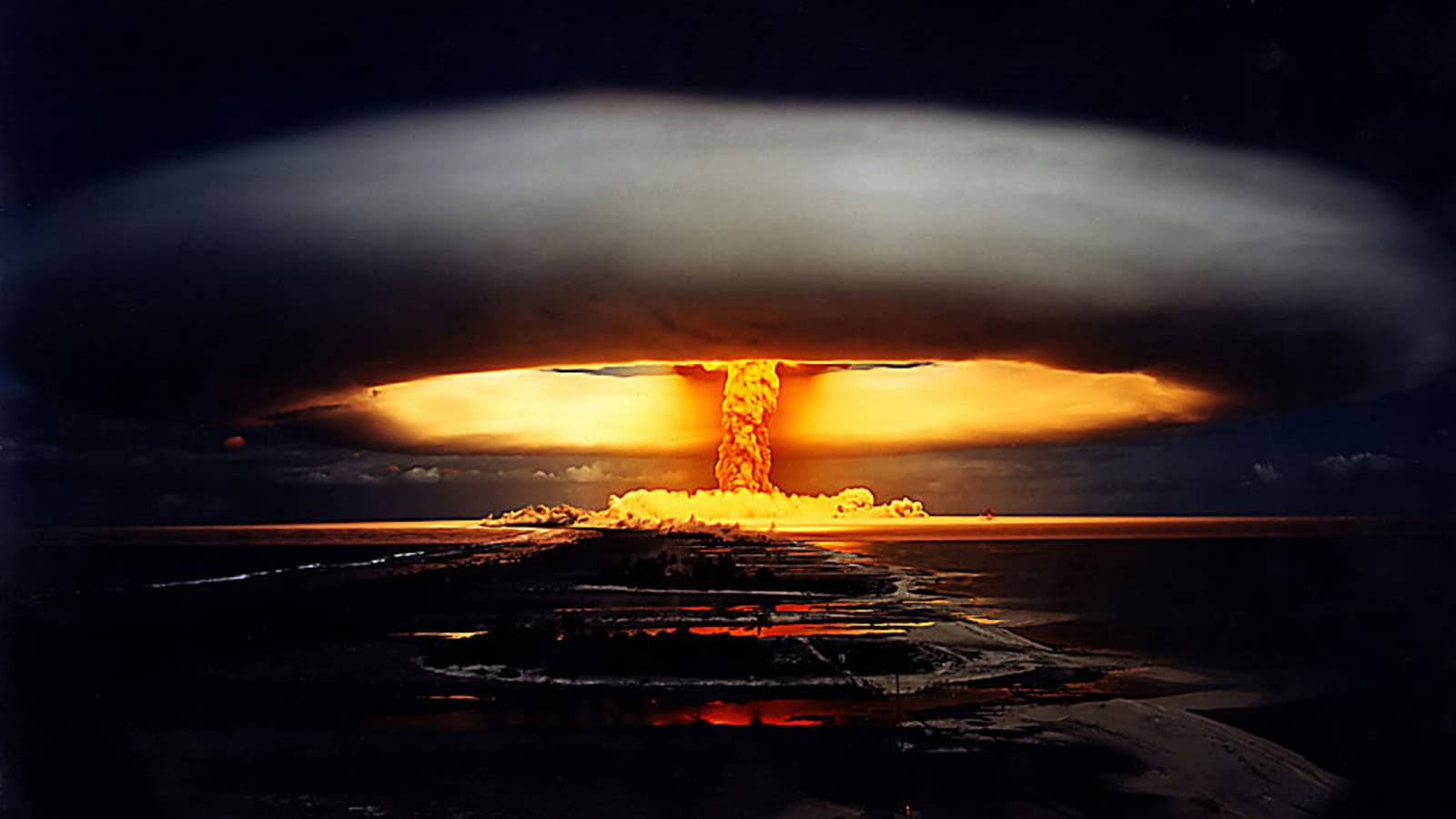NEW YORK (Transatlantic Today)- The United States and the Soviet Union had long been adversaries during the Cold War, and the specter of nuclear war between the two superpowers was a very real concern.
In the 1980s, the movie The Day After and the television miniseries War Games dramatized the potential devastation that could be caused by a nuclear exchange between the US and USSR.
Today, the threat of nuclear war seems to have diminished, as the Cold War is long over and the US and Russia are now allies. However, there is still the possibility of a nuclear conflict, whether by accident or design. So what would nuclear war look like in the United States?
Practically, the question of what a nuclear war would look like in the United States is a difficult one to answer. There are many variables that would come into play, such as the number and location of nuclear warheads, the amount of warning time before an attack, and the effectiveness of the US’s defenses.
Most Likely Scenarios of USA Get Nuked
Nuclear war is often thought of as a scenario in which two large nations exchange nuclear blows, resulting in the complete destruction of both. However, a nuclear war could also involve a smaller number of nuclear weapons, or even just a single nuclear bomb.
There are 3 most likely scenarios for a nuclear war in the US:
- A small number of nuclear warheads being detonated. This could happen if a terrorist group managed to get their hands on a nuclear weapon, or if a rogue state launched a surprise attack.
- USA friends would be nuked and the US would strike back in response to safeguard its allies and then engage in direct nuclear war with the belligerent country.
- The USA will get nuked directly by the enemy country and in response the US defense system launches a nuclear strike against the attacker.
The US would most likely retaliate with a nuclear strike of its own, either against the country that launched the initial attack, or against another target deemed to be involved in the attack. This retaliation would likely result in a significantly larger number of casualties than the initial attack.
Read More: Everything To Know About US Missile Defense System (Will They Defend USA?)
Here Is How Nuclear War Would Look Like In The US
A nuclear war would have devastating consequences for the United States. The explosion of even a single nuclear bomb would cause widespread damage and loss of life.
A large-scale nuclear exchange would be catastrophic, leading to the deaths of millions of people and the complete destruction of major cities.
The effects of a nuclear war would not be limited to the United States. The whole world would be affected by the fallout from the nuclear bombs, and the climate would be altered for years to come.
There is no way to predict exactly what a nuclear war would look like, but it is clear that it would be an immensely destructive event with far-reaching consequences.
Here are few things that the USA would face in case on Nuclear attack
- If a nuclear war were to occur, the first thing that would happen is a large explosion. The explosion would be so powerful that it would destroy anything in its path. The blast would also create a shockwave that would travel for miles. This shockwave would cause even more damage as it would destroy buildings and kill people.
- After the initial explosion, there would be a large cloud of radioactive debris that would be released into the atmosphere. This radioactive debris would spread throughout the country and contaminate the air, water, and food. People would start to experience symptoms of radiation poisoning, which can include nausea, vomiting, and diarrhea.
- The blast would cause widespread damage and death, with estimates of up to 90% of the population being killed in a major nuclear exchange. The survivors would be left to contend with the aftermath of the devastation, which would include radiation sickness, widespread disease, and lack of food and water.
- As the radioactive debris spreads, it would eventually reach the stratosphere. Once it reached the stratosphere, the radioactive debris would spread around the world. This would cause a nuclear winter, which would result in cooler temperatures and less sunlight. The nuclear winter would make it difficult for crops to grow, which would lead to food shortages.
- In the event of a nuclear war, it is unlikely that any one city or region would be targeted. Instead, the attacks would likely target major population centers and military installations. This would create a ripple effect of death and destruction that would spread across the country.
- The effects of a nuclear war would be felt for years, if not decades. The radioactive debris would take years to settle and would still be dangerous to people. The nuclear winter would also last for years, which would make it difficult for people to survive.
Final Thoughts
A nuclear war would be an unprecedented disaster, the likes of which the world has never seen. The devastation would be unimaginable, and the consequences would be catastrophic. The best way to avoid such a nightmare is to ensure that nuclear weapons are never used in anger.


























